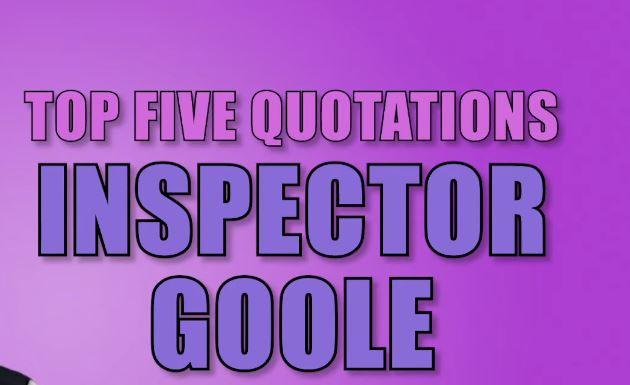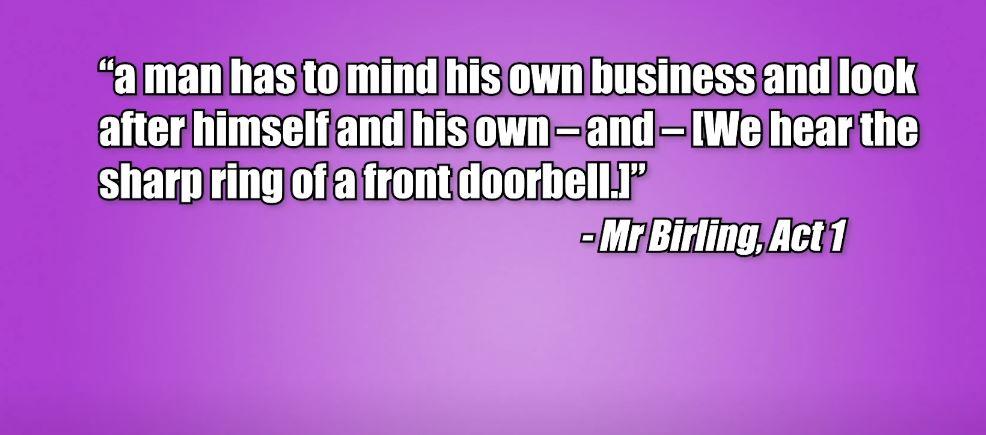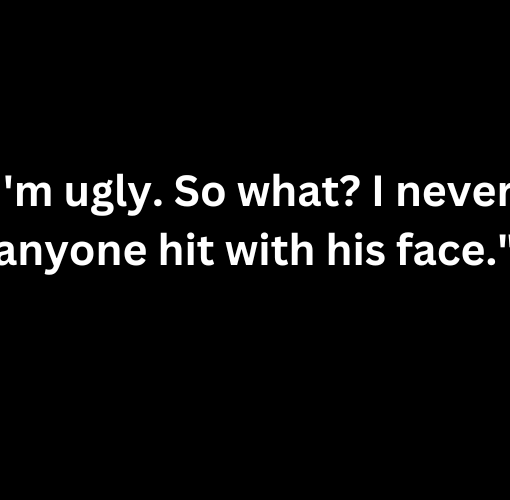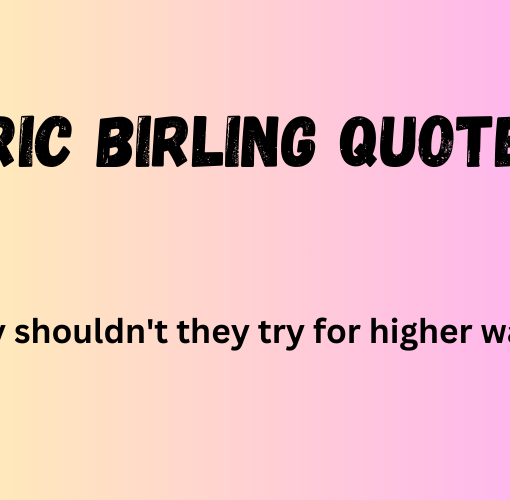
Inspector Goole, a pivotal character in J.B. Priestley’s “An Inspector Calls,” serves as the moral compass and catalyst for change in the play. Before delving into his key quotes, it is crucial to understand the complexity of his character.
The Inspector, described as a man in his fifties dressed in a plain dark suit, initially appears as an ordinary Brumley police inspector. However, as the narrative unfolds, he takes on a more ominous and even supernatural presence. Priestley emphasizes that the Inspector need not be physically imposing, yet he exudes an impression of massiveness, solidity, and purposefulness.
Throughout the play, Inspector Goole questions each member of the Birling family and Gerald Croft. His interrogations are marked by a disconcerting habit of looking intensely at the person he addresses before speaking. This scrutiny underscores the gravity of the moral lesson he imparts.
Now, let’s explore some key quotes from Inspector Goole
- “Need not be a big man but he creates at once an impression of massiveness, solidity, and purposefulness.”
- “He speaks carefully, weightily and has a disconcerting habit of looking hard at the person he addresses before actually speaking.”
- “Two hours ago a young woman died in the Infirmary. She’d been taken there this afternoon because she’d swallowed a lot of strong disinfectant. Burnt her inside out, of course.”
- “A chain of events” led to Eva Smith’s suicide.
- “…It’s better to ask for the Earth than to take it.”
- “…It would do us all a bit of good if sometimes we tried to put ourselves in the place of these young women counting their pennies in their dingy little back bedroom.”
- (To Gerald) “And you think young women ought to be protected against unpleasant and disturbing things?”
- “A girl died tonight. A pretty, lively sort of girl, who never did anybody any harm. But she died in misery and agony—hating life—.”
- “If there’s nothing else we have to share our guilt.”
- “Public men, Mr Birling, have responsibilities as well as privileges.”
- “You’ve had children. You must have known what she was feeling. And you slammed the door in her face.”
- “And be quiet for a moment and listen to me. I don’t need to know anymore. Neither do you. This girl killed herself—and died a horrible death. But each of you helped to kill her. Remember that. Never forget it. (He looks from one to the other of them carefully) But then I don’t think you ever will. Remember what you did.”
- “But remember this. One Eva Smith has gone—but there are millions and millions and millions of Eva Smiths and John Smiths still left with us, with their lives, their hopes and fears, their suffering and chance of happiness, all intertwined with our lives, and what we think and say and do. We don’t live alone. We are members of one body. We are responsible for each other. And I tell you that the time will soon come when, if men will not learn that lesson, then they will be taught it in fire and blood and anguish. Good night.”

Now, let’s analyze some of the most important quotes
- The Inspector arrives at a critical time, interrupting Mr. Birling’s selfish views, and challenging the notion of individualism.
- The use of ‘we’ by the Inspector versus ‘I’ by the Birlings emphasizes a divide between selfish desires and collective responsibility.
- Inspector Goole remains solid and in control, directing the investigation and maintaining a powerful presence.
- The Inspector serves as a teacher, imparting lessons on social responsibility and challenging the characters’ attitudes.
- His reference to “members of one body” may evoke biblical characteristics of compassion and love, suggesting a moral dimension to his character.
- The Inspector uses shocking language to make the characters feel guilty for their role in Eva Smith’s death.
In considering Priestley’s intended effect on the audience, Inspector Goole remains unchanging in his moral stance. He represents Priestley’s voice, embodying strong moral views. The Inspector’s role is to instigate change in the characters, urging them to take responsibility for each other. His entrances and exits heighten the drama, and he controls the play’s structure, moving the narrative forward with each revelation.
Inspector Goole serves not only as a character within the play but as a powerful symbol of social responsibility and collective conscience. Through his unwavering morality, he leaves an indelible impact on both the characters and the audience.




